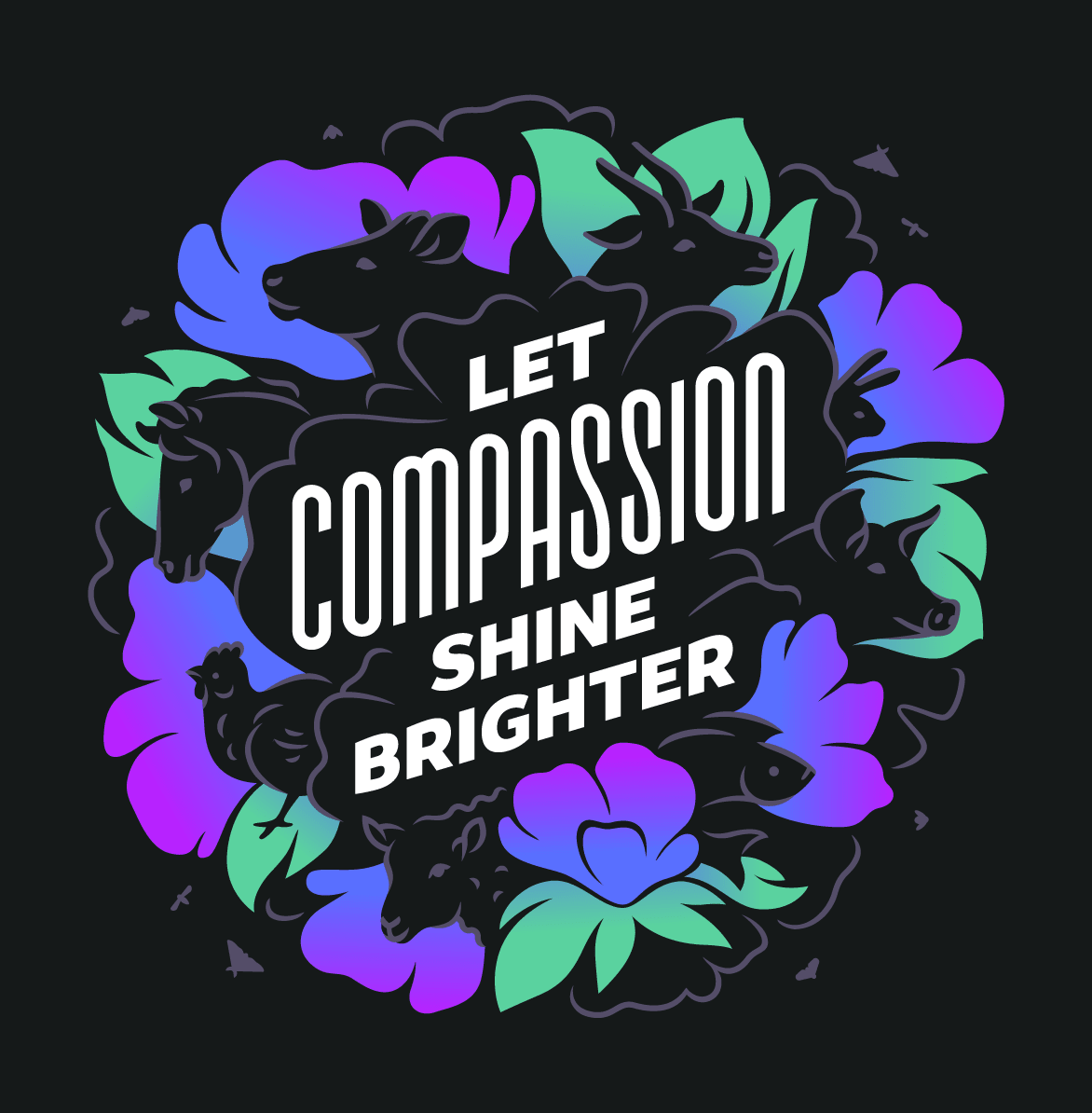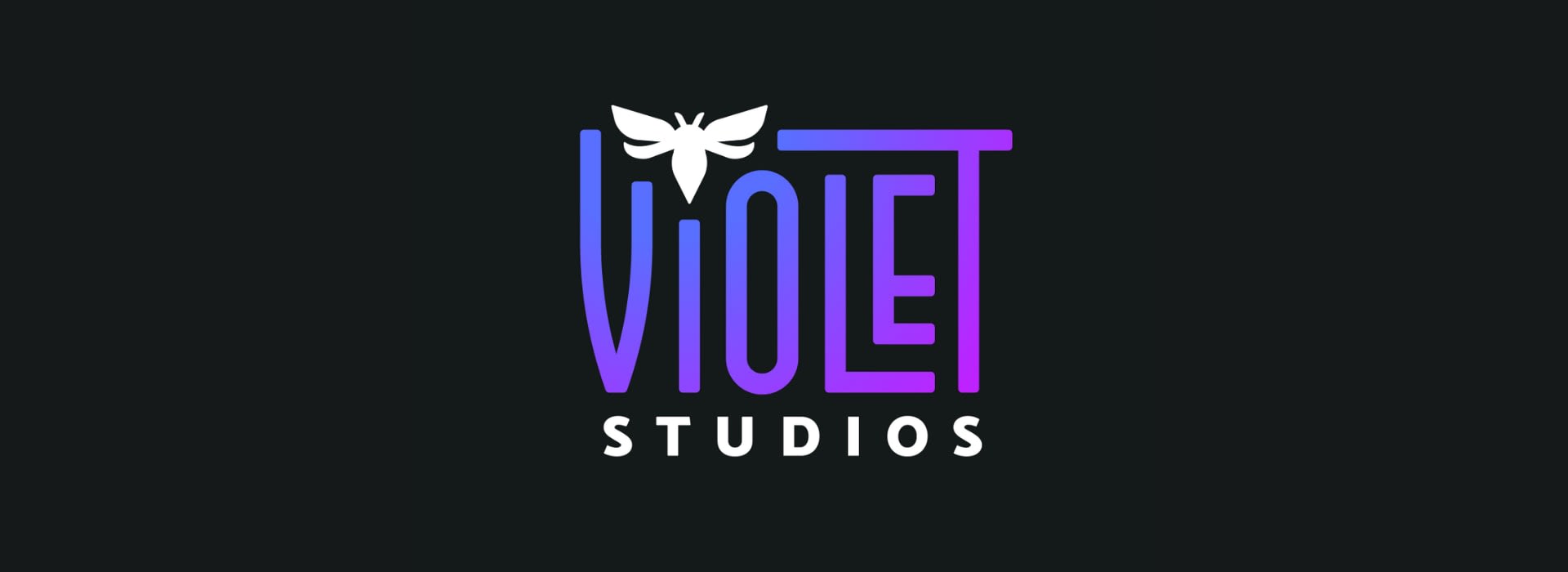
Hi everyone!
Violet Studios is a new organization dedicated to design capacity building for our movement. We provide a variety of graphic design services to support organizations and activists working for animals – at no cost.
We are dedicated to uplifting animal advocates through design. We recognize the importance of being understood, having a strong voice, and influencing perceptions to garner support and trust in the movement and beyond.
Often, visual design can fall to the bottom of an organization’s priority list. This is where we come in – we help lay a strong design foundation so that you can focus on your mission.
Why should changemakers care about design?
Visual design is more than just “pretty” – it majorly influences the way people perceive your messaging, both inside and outside of the animal advocacy space. It is also a strong tool you can use to amplify your work and break into new spaces, forge new connections, or even unify your own team. The same way silence can speak volumes, there's no opting out of design. Low-quality design shouts just as loudly as good design — however, the message it’s conveying might not be the one you wanted or intended.
→ Learn more about how design can impact your work.
Designers wanted!
We're looking for more designers to grow our team, in order to keep up with increasing demand.
If you're a graphic designer who's passionate about creating change for animals (especially web design and branding specialists), please reach out to chat :)
If you're an animal advocate who's had a great experience working with a designer recently, please connect them with us! We'd love to add them to our referral list, or even add them to our team if it's a good fit.
In order to apply, you must have:
- been vegan for 2+ years
- 2+ years professional design experience
- a strong and current portfolio of your own design work
- excellent communication skills (we are a fully remote team), including strong responsiveness
- proficiency in Adobe Illustrator and Photoshop (+ InDesign required for document designers; + Canva required for social media designers)
- a strong eye for design, including typography, composition, balance, color, etc.
- a passion for activism & working on impactful projects for animals all over the globe
- a willingness to learn and grow, as well as an eagerness to collaborate with other designers!
Use this form to apply!
What happens after I apply? If you qualify, we will reach out to you. If you have any questions or your application is time-sensitive, feel free to email us at hello@violetstudios.org.
Thanks, all!





Hi, Divya! There is no deadline currently – please do share with your audience in Southeast Asia, I would appreciate it very much!